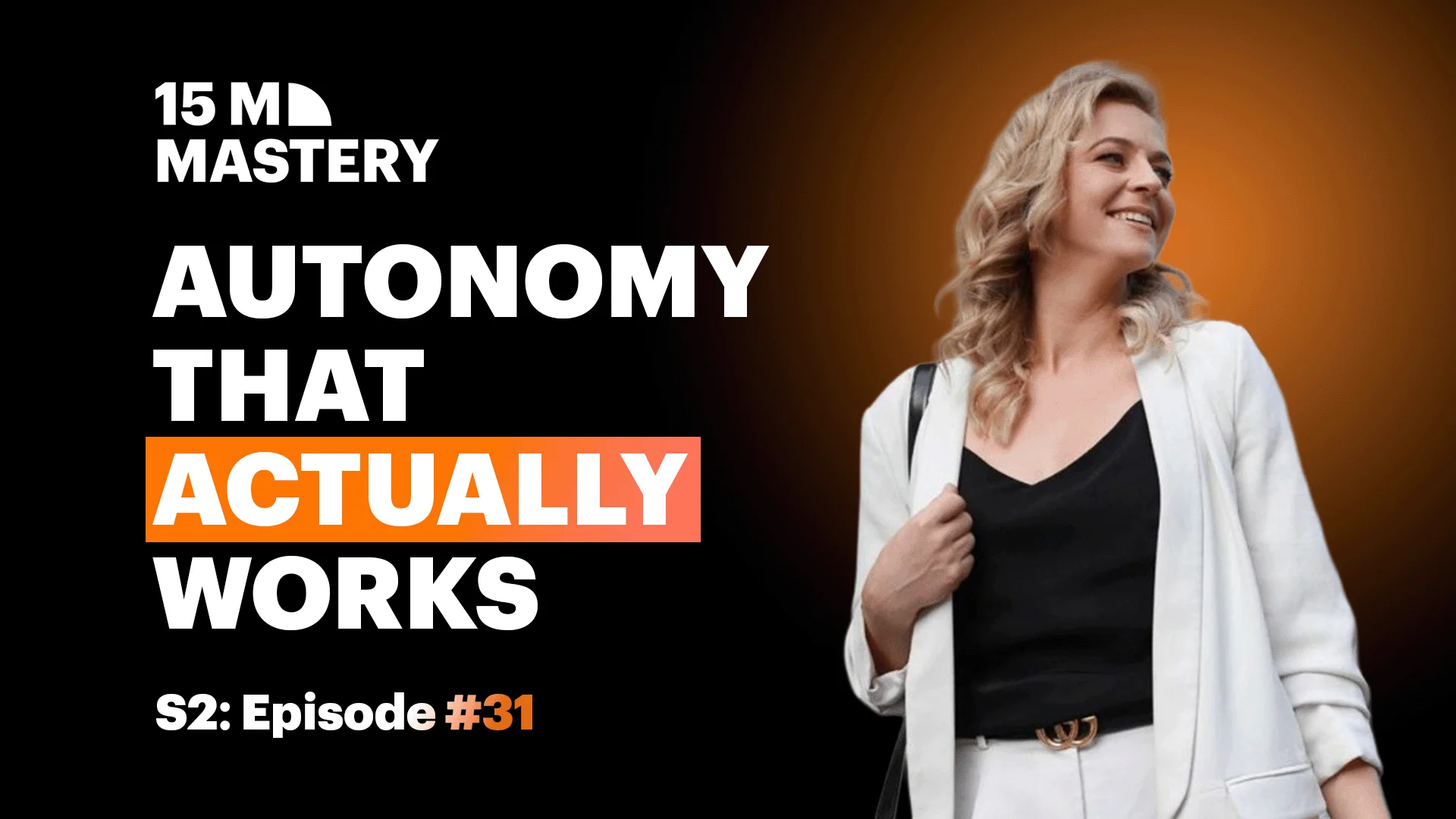Building Trust Through Transparency: How Provably Fair Gaming Transforms Player Experience
Beyond the Buzzword: Real Benefits of Provably Fair Gaming
Provably fair technology offers benefits across multiple levels of the iGaming ecosystem. For players, it delivers increased trust and transparency. For operators, it creates a competitive advantage while eliminating the need for external audits.
“Players can self-verify results,” explains Mouton. “This technology also reduces server load, makes architecture more scalable, improves security, and reduces risks of fraud.”
The technology helps future-proof businesses against both regulatory tightening and evolving player expectations. Many operators still believe that adding more excitement is the best retention strategy, yet this approach merely delays the inevitable question.
“Once players experience the most exciting content possible, they will eventually ask the harder question: why can’t I get more? This question is caused by a lack of trust,” Mouton emphasises.
Making Complex Technologies Accessible to Players
Implementing provably fair technology requires more than simply adding a “verify” button. The challenge lies in effectively communicating its importance to the right audience.
“As absurd as it may sound, the implementation of technologies that ultimately give us more freedom is currently a matter of popularity among existing market players,” notes Mouton.
She identifies a key challenge: players experience distrust primarily in their interactions with casino operators, not game providers. When disputes arise, operators blame game providers’ mathematics, while providers blame operators’ payout policies.
“The player becomes a victim while B2B partners continue arguing over the truth for months via email exchanges,” Mouton says. Consequently, she believes implementation should focus on operators rather than player education.
Starting Small: Integration Pathways for Operators
The integration process isn’t necessarily complex, but legacy systems create barriers. Monolithic platforms require significant rebuilding into microservices architecture to remain competitive.
“The first small step is to hire engineers who can design this architecture and integrate various systems,” Mouton advises. This approach enables automation, removes manual intervention, and creates a decentralised structure that optimises efficiency.
She suggests a practical approach: maintain a separate traditional system alongside the new one to minimise resistance from third parties. This flexibility allows a smoother transition while building toward smart contract capabilities.
Using Technology to Enhance Transparency
Regarding AI and machine learning, Mouton believes these technologies will significantly enhance operators’ analytical capabilities.
“The main problem with operator analytics is that we need to study player behaviour patterns, but instead we are studying the symptoms,” Mouton explains. AI systems can process complex pattern analyses that humans simply cannot manage at scale.
First Steps Toward Implementation
For operators interested in provably fair gaming, Mouton recommends starting with core functions:
- Implement hash inscription for deposits and withdrawals
- Make payment processes completely transparent
- Train support teams to use verification tools and teach clients how to verify transactions
These initial steps deliver immediate benefits. Support teams experience fewer payment queries, payment providers see lower fraud rates, and anti-fraud teams can more easily identify bonus hunters.
“Then, when you’re done with basics and your core function is fully inscripted, continue with your marketing products,”says Mouton. She surprisingly identifies sportsbooks as an excellent domain for implementing fair gaming principles.
“We can’t just force clients to believe our casino games are the most fair in the world. We need them to understand what it means to be fair,” Mouton concludes.
By gradually building this culture of fairness, starting with core functions and moving systematically toward products, operators can establish the trustful environment that today’s players increasingly demand.


